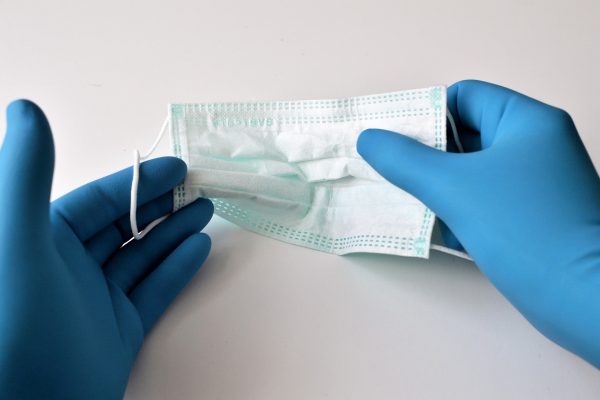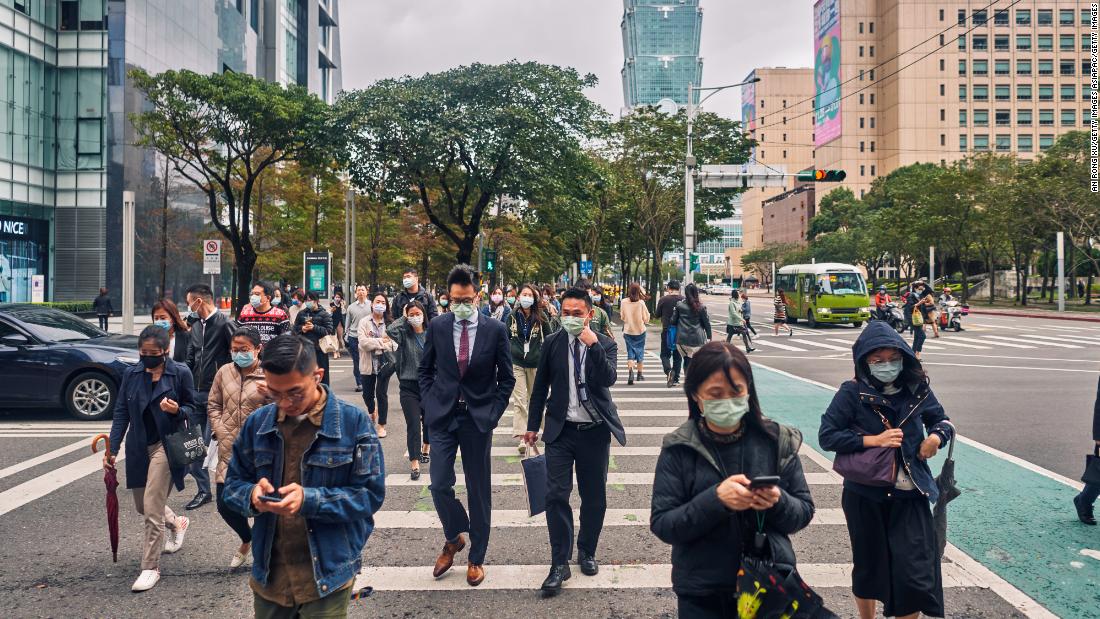gracielle
Registered
- Joined
- Jun 6, 2005
- Messages
- 3,754
- Likes
- 3,100

OMS da primera homologación de emergencia a vacuna de Pfizer para su "acceso universal"
LUCHA CONTRA LA PANDEMIA afp La Organización Mundial de la Salud (OMS) dio este jueves su primera homologación de urgencia desde el inicio de la pandemia a la vacuna Pfizer-BioNTech, lo que facilitará su uso en los países que aún no la validaron, indicó en un comunicado. "Es un paso muy positivo…
WHO gives first emergency approval of Pfizer vaccine for its "universal access".
The procedure allows the Pan American Health Organization (PAHO) to purchase the vaccine for distribution in poor countries.
The World Health Organization (WHO) on Thursday gave its first emergency approval since the start of the pandemic to the Pfizer-BioNTech vaccine, which will facilitate its use in countries that have not yet validated it, said in a statement.
...."It is a very positive step to guarantee universal access to vaccines against COVID-19," said Mariangela Simao, director in charge of access to medicines at this UN agency, according to the statement. This procedure, which can be used by WHO in the event of a health emergency, allows countries that do not have the means to quickly determine the efficacy and safety of a drug to have faster access to treatments.
The procedure also allows UNICEF, the UN agency in charge of much of the logistics of vaccine distribution around the world, and the Pan American Health Organization (PAHO) to buy the vaccine for distribution in poor countries, according to the notice. However, Dr. Mariangela Simao stressed that "an even greater effort is needed to ensure that sufficient doses of vaccines are available to meet the needs of priority populations around the world."
The Pfizer-BioNTech vaccine has already been injected for several weeks in the United Kingdom, but also in the European Union, the United States and Switzerland, among others. Several million people have already been vaccinated with the drug, with an efficacy estimated at 95%, but which requires very low temperatures of around -80 degrees Celsius, which makes its distribution and storage more difficult.




